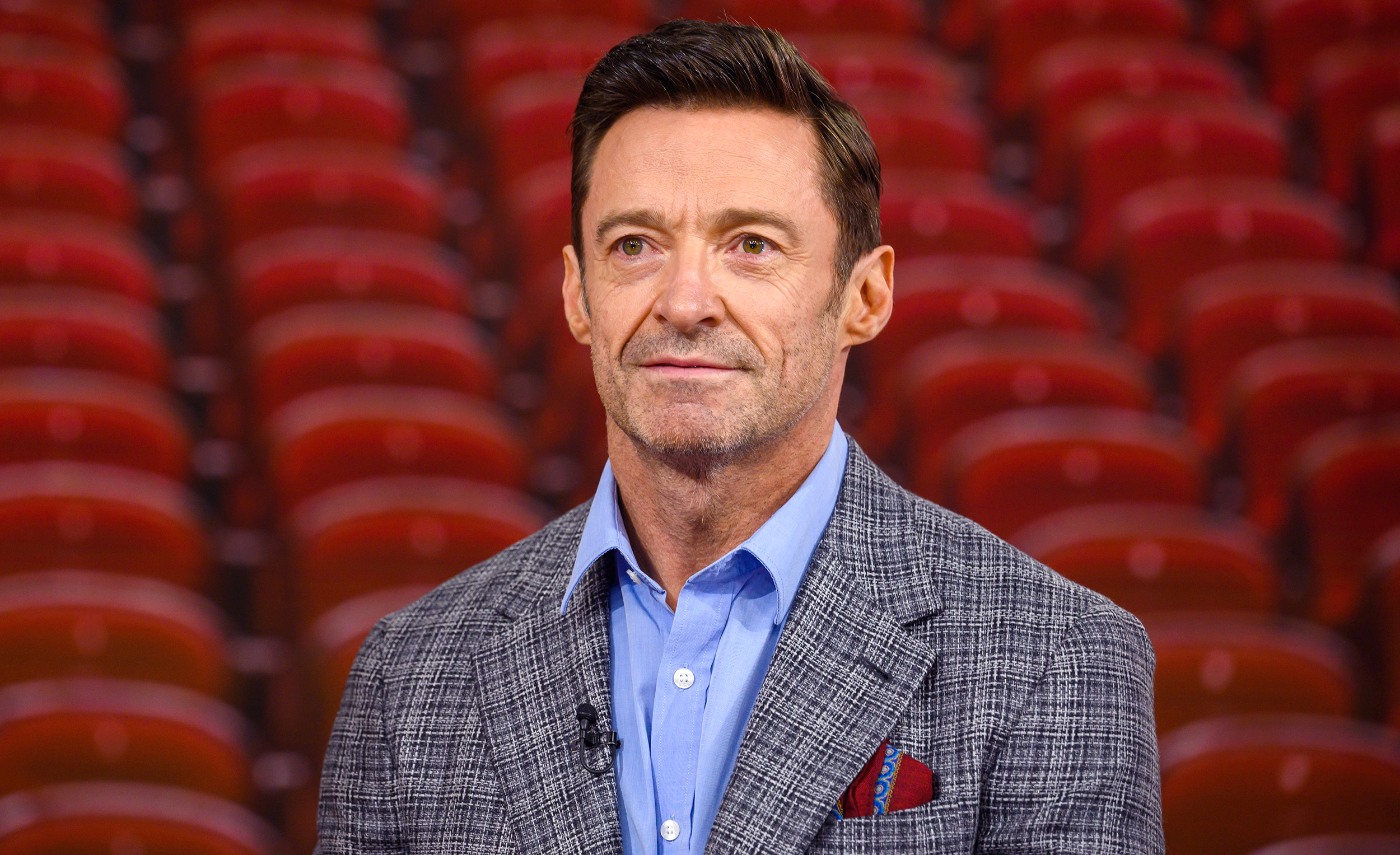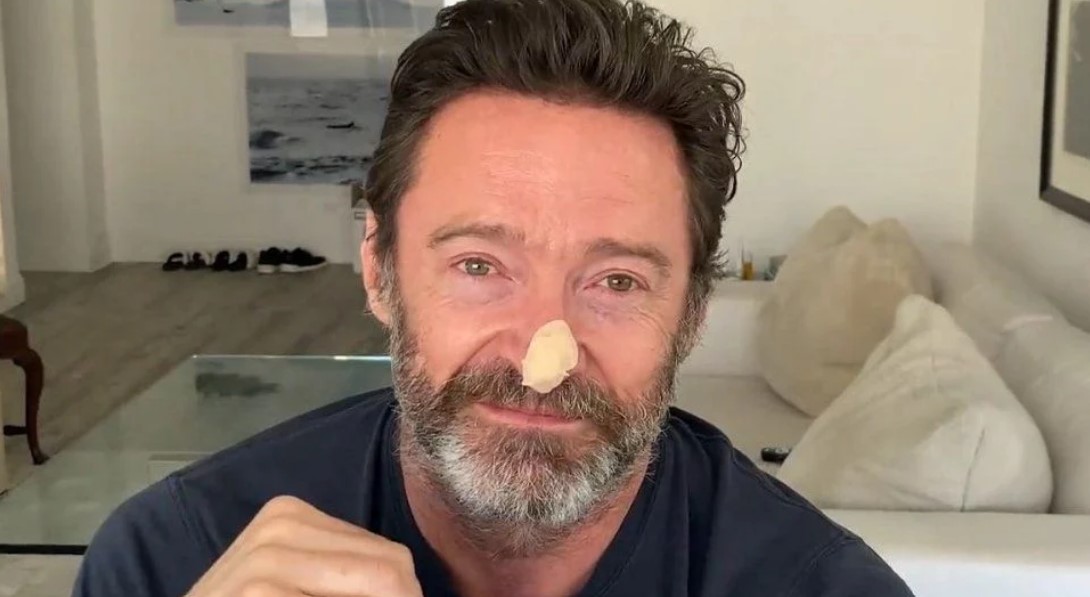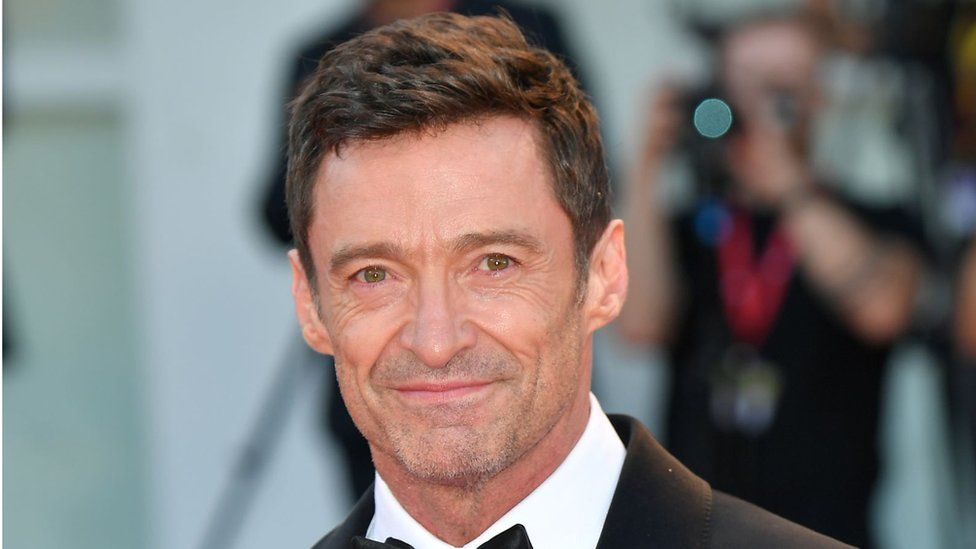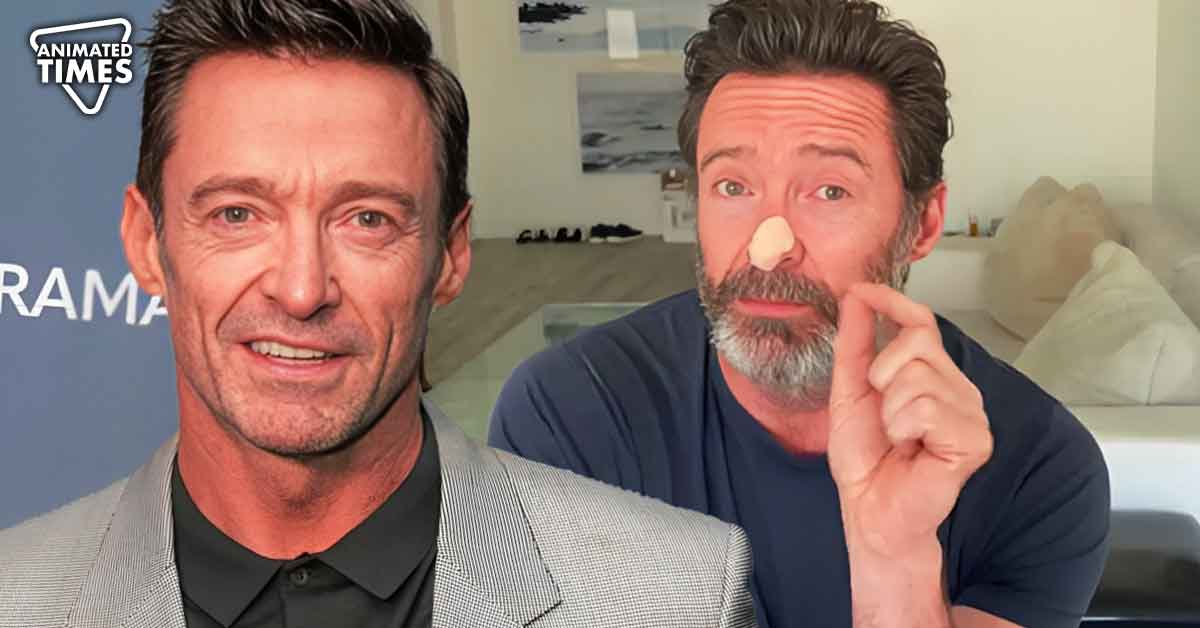“Wear sunscreen, it’s not worth it”: After Concerning Skin Cancer, Hugh Jackman Requests His Fan to Take Precautions
Actor Hugh Jackman urges followers to protect their skin and apply plenty of sunscreen as the warmer weather approaches. This latest urge came in light of his recent cancer scare. The Australian actor announced on Instagram that he has skin cancer biopsies as a result of an iron deficiency test, he recently did. The Logan actor encouraged followers and fans to get checked out and adhere to sun safety precautions, such as wearing sunscreen.
Jackman underwent surgery to remove his first cancer in 2013 after being urged to do so by his wife, Deborra-Lee Furness. “It’s always a shock to hear the word cancer, even though it’s very common in Australia,” the Real Steel actor admitted to People magazine in 2015.
“I never wore sunscreen growing up so I was a prime candidate for it.”

According to the Skin Cancer Organization, using sunscreen regularly can significantly lower the risk of developing skin cancer.
Hugh Jackman advises His Fans to Use Caution
After receiving an iron deficiency diagnosis during a recent medical checkup, the 54-year-old Australian actor announced on Instagram that he is currently undergoing skin cancer biopsies. The Logan actor encouraged his followers to get checked out and adhere to sun safety precautions, such as wearing sunscreen while sporting a bandage on his nose.
Hugh Jackman made his appeal on Monday during a video posted to Instagram. He also shared that he is awaiting the results of tests for skin cancer after his doctor discovered irregularities that “could be or could not be basal cell [carcinoma].”
Jackson, who has a plaster covering his nose, claimed that he needed two different places to be biopsied.
He urged, “If I can just take this opportunity to remind you summer is coming, for those of us in the Northern Hemisphere, please wear sunscreen. It’s not worth it.”

According to MayoClinic.org, the head, face, and neck are frequently affected by the early signs of basal cell carcinoma, which can also take the form of waxy scar-like lesions, flat, scaly patches, or lesions that are blue, black, or brown.
The actor emphasized that basal cell carcinoma is “the least dangerous of them all,” reiterating the earlier point. “But that doesn’t mean people should feel safe in the sun.”
What Is Basal Cell Carcinoma?
Accordance to MayoClinic.org, Basal Cell Carcinoma is a type of skin cancer that typically manifests on skin that has been exposed to the sun. Because of ongoing UV damage, basal cell carcinoma is a common skin cancer that affects the face and neck. It mostly affects Caucasian skin and is not very common in skin color.
Long-term sun exposure is thought to be the primary cause of most basal cell carcinomas. Basal cell carcinoma may be warded off by avoiding the sun and wearing sunscreen.

The risk is raised by living in a sunny or high-altitude region, both of which expose one to more UV radiation. A severe sunburn increases the risk as well. Cancer, which is brought on by the unnatural, unchecked growth of basal cells, typically does not spread past its initial site and is curable if detected early enough.
According to the Cancer Council, an SPF of 30 permits 1/13th or 3.3% of UV rays to reach one’s skin. This indicates that it blocks 96.7% of UV light. With an SPF of 50, 98% of the sun’s rays are blocked, while 1% or 2% still pass through. Thus, less UV light will pass through with a high SPF value.
Source- Instagram





